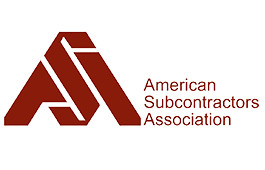Answer:
When you get paid is very different from if you get paid.
“Pay when paid” simply shifts the timing of payment,
and the contractor must still
pay the subcontractor within a reasonable period of time, even if the contractor is not paid by the owner for the
subcontractor’s work.
In contrast, “pay if paid” shifts the entitlement to payment and forces the subcontractor
to assume the credit risk of non-payment
by the owner to the contractor. If the contractor is not paid, neither is the subcontractor.

Top Ten Payment Myths
Avoid collection problems by avoiding these payment myths.
View Our Blog Post

Five Killer Contract Clauses You Might Have Missed
Some clauses will obviously kill a contract, but there are others that may be less obvious, but can be very damaging.
View Our Blog Post

Contingent Payment Clauses: “Pay-When-Paid” vs. “Pay-If-Paid”
While traditional “pay-when-paid” provisions are interpreted as an unconditional promise to pay, “pay-if-paid” clauses are increasingly putting subcontractors at risk.
View Our Client Newsletter

Contingent Payment in the 50 States
Learn
what states ban “pay-if-paid” clauses and what the law is concerning contingent
payment in that jurisdiction.
Download Our Document




